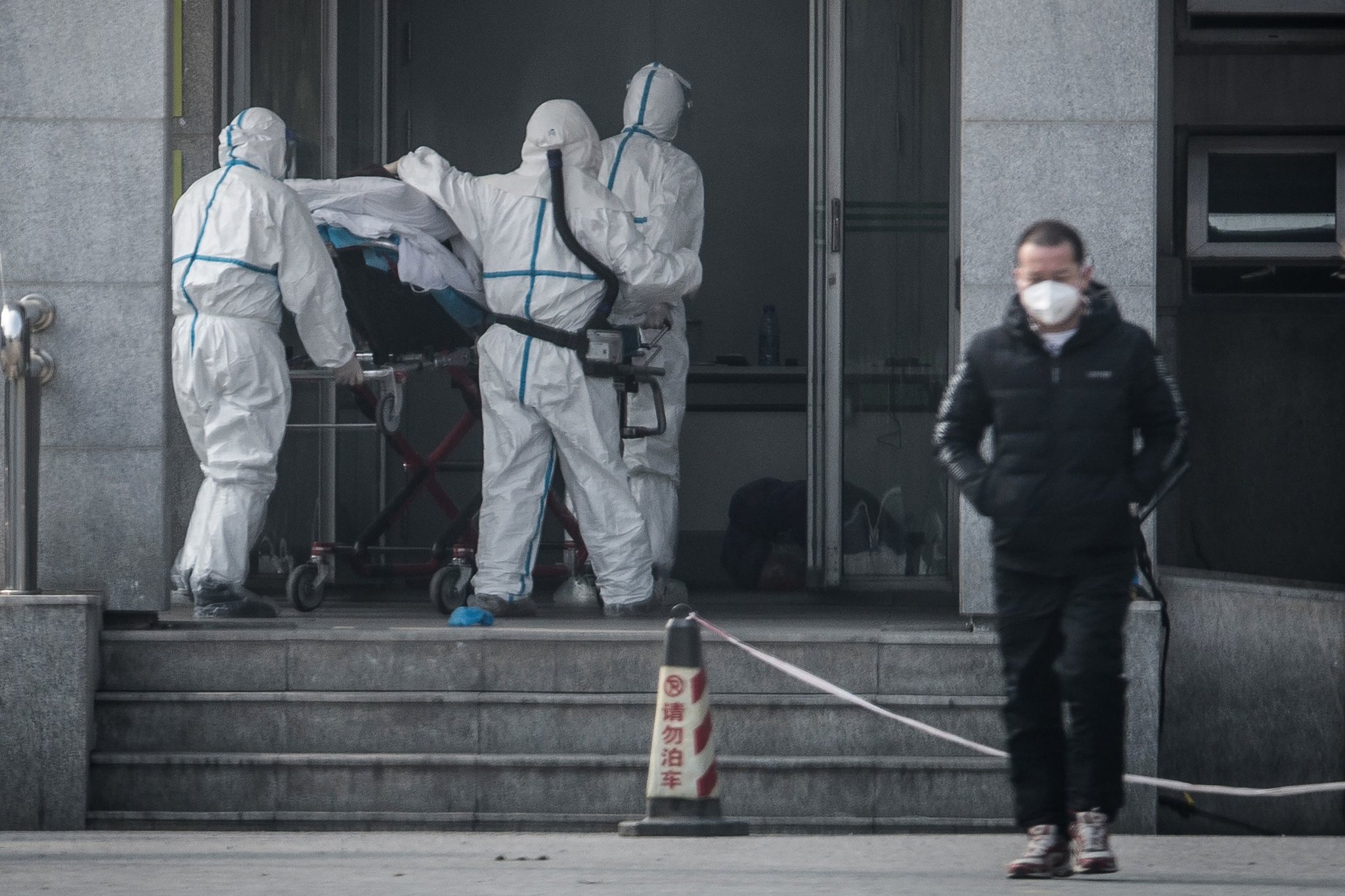
Shantesh Kumar Singh
Traditionally, security was associated with all those activities of a state that are brought to bear by a government to secure its population and territory against threats from other nations and local groups. These activities encompass both diplomatic and military means. Non-traditional threats are usually considered as those which arise from the non-state actors. The threats are not seen as a major problem but are kept as peripheral issues with their own significance by security experts.
Human Security: A New Paradigm
The non-traditional security issues can be broadly divided into six parts, namely, International Terrorism, Trans-national Organized Crime, Environmental Security, Illegal Migration, Energy Security, and Human Security. Over the past decade, health has become an increasingly important issue and one which has caught the attention of foreign and security policy community. In the last few decades, the world has witnessed the rise and spread of new diseases like SARS, Anthrax, Chagas and Ebola, Coronavirus etc, which challenge the concept of national security. In the process of adopting Confidence Building Measures (CBMs) for peace and development, steps towards addressing the Sustainable Development Goals-3 (SDG-3) targets have been a very useful tool. It needs further attention of the world community to ensure the security of the state, society and economy.
Infectious Diseases and National Security
In the year 2015, 189-member states of the United Nations (UN) made a promise to free people from fear, want and diseases. This pledge became the 17 Sustainable Development Goals to be achieved by 2025. The SDG 3 talks about health and wellbeing, which has been a pertinent issue of the most debated concept of human (health) security. Conceptually, human security and health are interlinked. The mounting globally spreading threat of infectious disease requires special consideration, in the tune of SDG 3, within the context of the developing definition of security. It focuses on strengthening the capacity of all countries, particularly of developing countries, for early warning, risk reduction and management of national and global health risks with several other targets. The World Health Organisation (WHO) has been a vital global agency in addressing health challenges to ensure the achieving of 2030 agenda of global goals.
In the 21st century, state-centric structures of security are ineffective at coping with issues, such as the spread of Coronavirus, which originated within the sovereign border of China but have effects that are felt locally, regionally and globally. The recent outbreak, Coronavirus in China, is a prime example of how rapidly diseases can travel, ignoring sovereign borders and socio-economic distinctions. An illness in any corner of the world is everybody’s business, not just from a humanitarian perspective but also because it has the capacity to impact economic security and political stability of states as well. Within a few days, Coronavirus has travelled across the globe and has also impacted the people, economy and state. India has also reported the case of Coronavirus which is creating a unease in society.
The government of India has initiated several pilot projects and programmes with diverse objectives to address the emerging health challenges, with special emphasis on national security i.e. Swacchha Bharat Mission to end open defecation in 2014; the New Health Policy in 2015, National Health Policy 2017 and E-health initiatives as part of the Digital India Campaign. The health component of the Digital India project promises to augment access to quality healthcare for all citizens. The government of India is working to establish new health institutions like hospital management information systems (HMIS), Digital India’s healthcare online registration system (ORS) and also proposes to set up a National e-Health Authority (NeHA). The Government of India is also planning to introduce a cloud computing system in health to protect the interests of both customers and service providers. In the line of national security agenda, the e-Health cloud has been proposed by government which would help in checking the spread of contagious diseases; mentioning the cause for its spread, the spreading pattern, and infection areas.
Building international research networks for health, supporting international public-private partnership to create new lines of drugs and vaccines, coming together to eradicate diseases, taking part in international treaties that govern the global community, in which countries can use health-specific SDG targets to promote a stable and result-oriented public health system in the tune of national security priorities. India, being a signatory part of WHO’s International Health Regulations (IHR), 2005, has started important initiatives such as the Integrated Disease Surveillance Project (IDSP), launched with World Bank assistance in November 2004, to detect, track and respond to endemic communicable diseases. The Government of India has been actively engaged with the Centre for Disease Control and Prevention (CDC), USA, to monitor the progress of IHR against emerging and re-emerging diseases. The National Centre for Disease Control (NCDC), has been established by India as a nodal agency for disease control and prevention. India has proven itself as a committed partner of multilateral organisations in addressing several health issues. It can be expected that the present Modi government will keep moving ahead with more commitment and enthusiasm towards global health concerns.
(The writer is Assistant Professor, Department of Political Science, Shaheed Bhagat Singh College, University of Delhi)
(Courtesy: academics4nation.org)














Comments